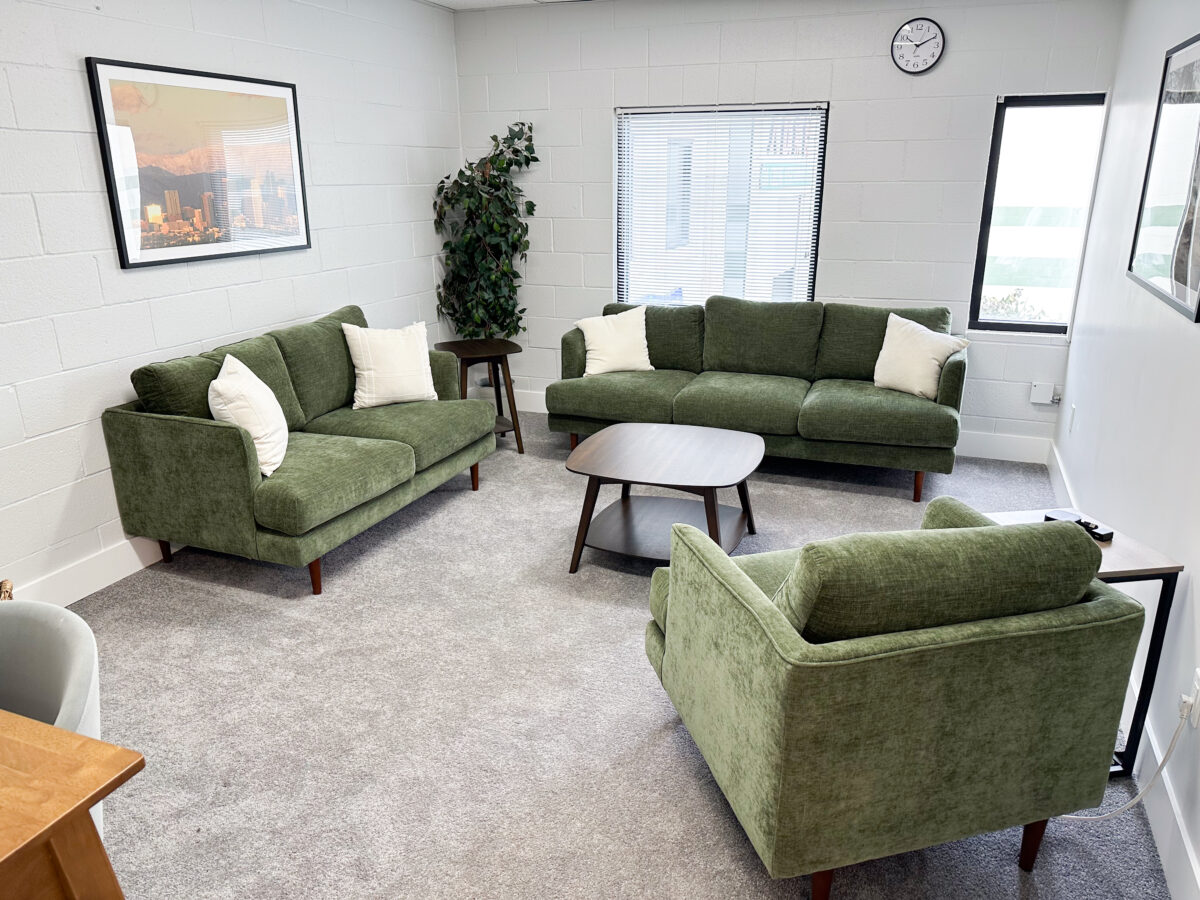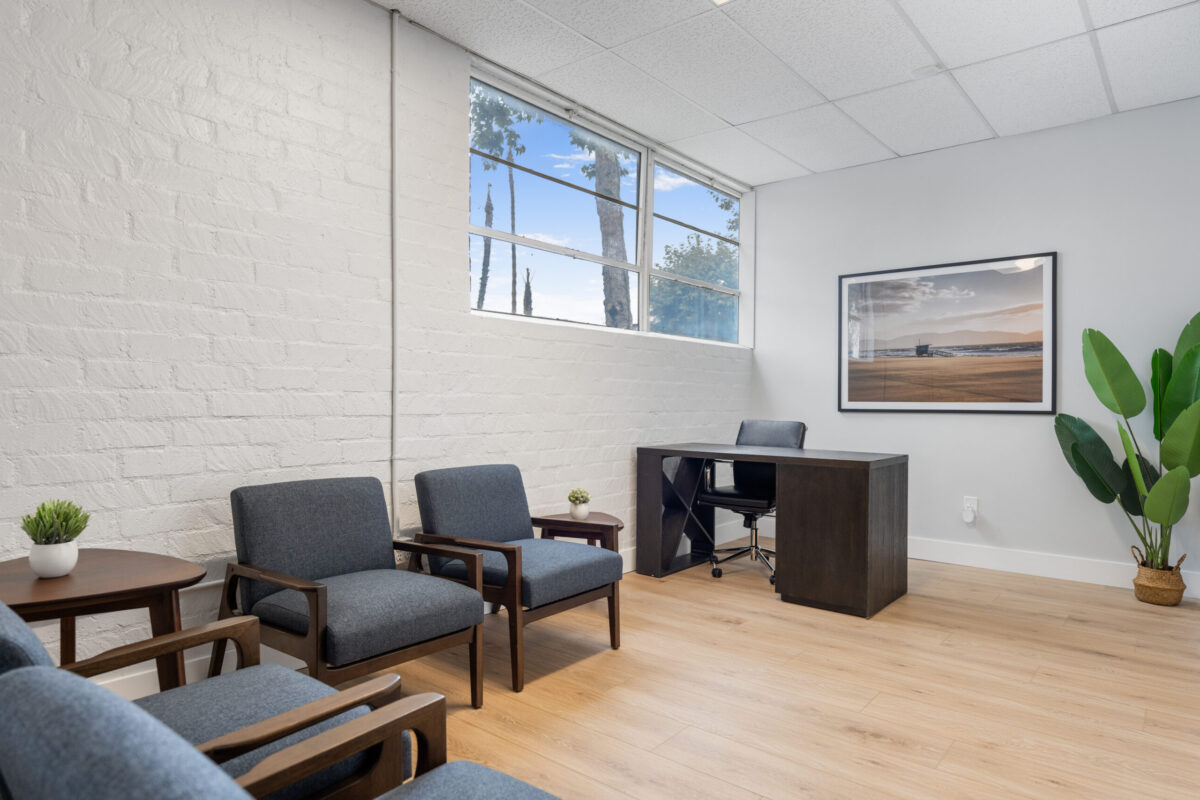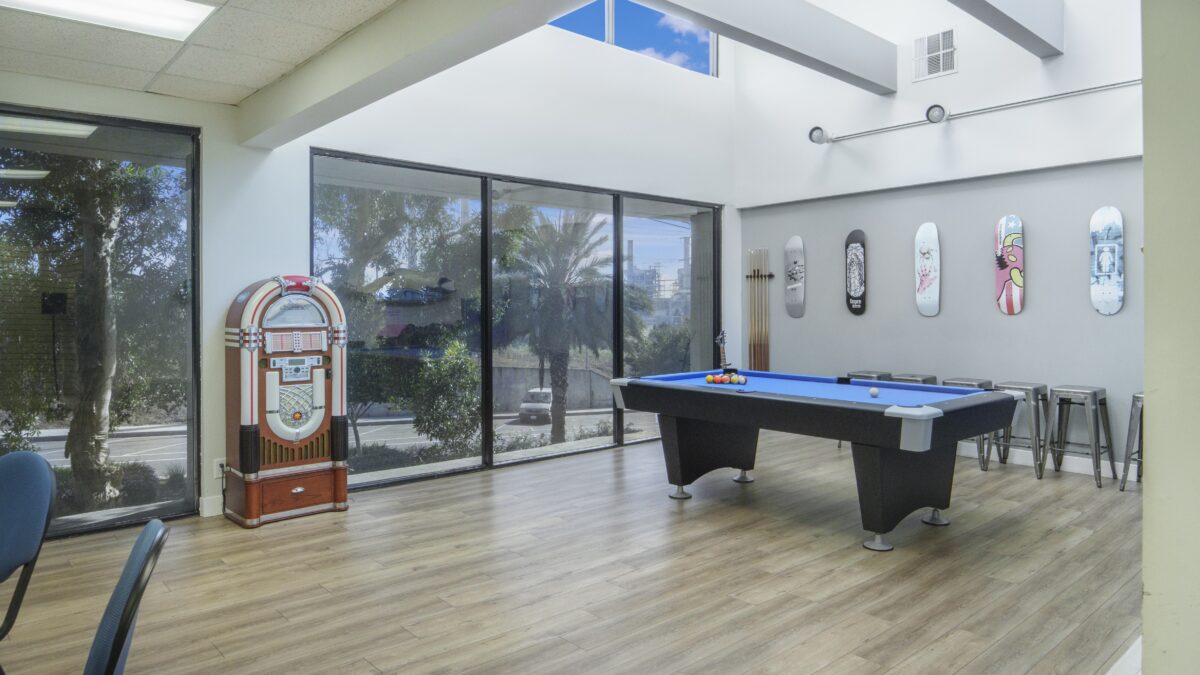
Treatment for Failure to Launch in Teens and Young Adults in Los Angeles, California
Support for those struggling with independence
Many teens and young adults struggle to take the next step toward independence. Whether it’s due to anxiety, depression, or underlying developmental or emotional challenges, this difficulty to “launch” into adulthood is more common than most parents realize.
When teens aren’t able to build momentum after high school, it can impact their confidence, motivation, and overall wellbeing. Over time, avoiding responsibilities or isolating from peers can lead to even more serious mental health concerns.
With the help of our failure to launch treatment program in Los Angeles, CA, your teen can develop the tools they need to build independence, improve self-esteem, and move forward with clarity and purpose. Our clinical team works closely with each young person to identify the emotional, behavioral, and psychological barriers holding them back—and to help them regain control of their future.
Teen treatment programs at Clear
We offer specialized treatment programs for teens and young adults struggling with failure to launch. We understand that each young person’s challenges are unique, and our goal is to create a supportive environment where they can develop confidence, direction, and life skills.
Our program includes evidence-based care for the emotional, behavioral, and psychological issues that often contribute to a stalled transition into adulthood. Through individual and group therapy, teens learn how to overcome obstacles, set realistic goals, and take meaningful steps towards independence.
We are conveniently in-network, and our outpatient treatment centers for failure to launch syndrome are located throughout Los Angeles, CA.

Initial assessment
To start, your teen will meet with our clinical team for a friendly assessment to understand what they’re going through and how failure to launch syndrome is affecting their daily life. This helps us develop the best treatment plan catered to their needs, to support your tee.
Our locations
Teen Intensive Outpatient Program (IOP)
Our IOP provides therapy through a developmental and behavioral lens, combining individual therapy, group support, case management, and life skills training. This comprehensive approach addresses the root causes of failure to launch, supports overall mental health, and connects your teen with a community that understands the challenges of navigating early adulthood.
Failure to launch is hard to navigate without support, which is why our teen IOP can change the trajectory of your future.

Teen IOP Includes:
12 weeks of treatment | 3 days a week | 3 hours per day
You are free to identify the days that support your schedule, Monday through Friday
What to expect with Teen IOP
Our teen IOP provides comprehensive clinical support through individual and group therapy, case management and holistic therapies to support the full spectrum of treatment for failure to launch symptoms. Each program includes:

Individual Therapy
Every week, your teen will meet with their therapist to discuss their symptoms and feelings, the root cause of their condition and specific triggers.
We use many forms of therapy for mental health including CBT, DBT, and EMDR therapies.

Case Management
Your teen will meet with a case manager weekly to work on developing fundamental coping and life skills to work through triggers successfully.
By developing these skills, your teen will gain the confidence to move to the next chapter of their life.

Group Therapy
By attending daily group therapy, your teen has the opportunity to listen to others experiences of difficulty with mental health symptoms and how to navigate them.
Through understanding they are not alone, group therapy provides understanding and community support.

Family Therapy
Our teen program provide a safe and open space to discuss your teens condition, how to overcome it, and work through your familial issues with clinical guidance.
By educating you and your teen, you can learn how to better support and communicate with one another.

Holistic Groups
Our daily holistic therapy groups allow your teen to reconnect with what they enjoy through art and music therapy. We also encourage meditation, yoga, mindfulness, and more.
These holistic treatment methods are proven to help you stay present in your mind and body.
We are in-network.
Learn more about your coverage options:
Conditions we treat
What is failure to launch in teens?
Failure to launch is a term used to describe when a teen or young adult struggles to make the transition into independent adulthood. This can include difficulty holding a job, staying in school, managing responsibilities, or building social connections. While it may look like a lack of motivation from the outside, failure to launch is often tied to deeper mental health challenges like teen anxiety, adolescent depression, low self-esteem, or executive functioning issues.
Some signs of failure to launch may include chronic procrastination, social withdrawal, poor coping skills, emotional outbursts, or dependency on parents for basic tasks. Over time, these patterns can create a cycle that leaves teens feeling stuck and parents feeling helpless.
At Clear, we provide a supportive, structured environment where teens can build the skills and confidence they need to move forward. With evidence-based treatment and compassionate guidance, your teen can begin to break free from these patterns and take meaningful steps toward independence.

Get support now for your failure to launch teen
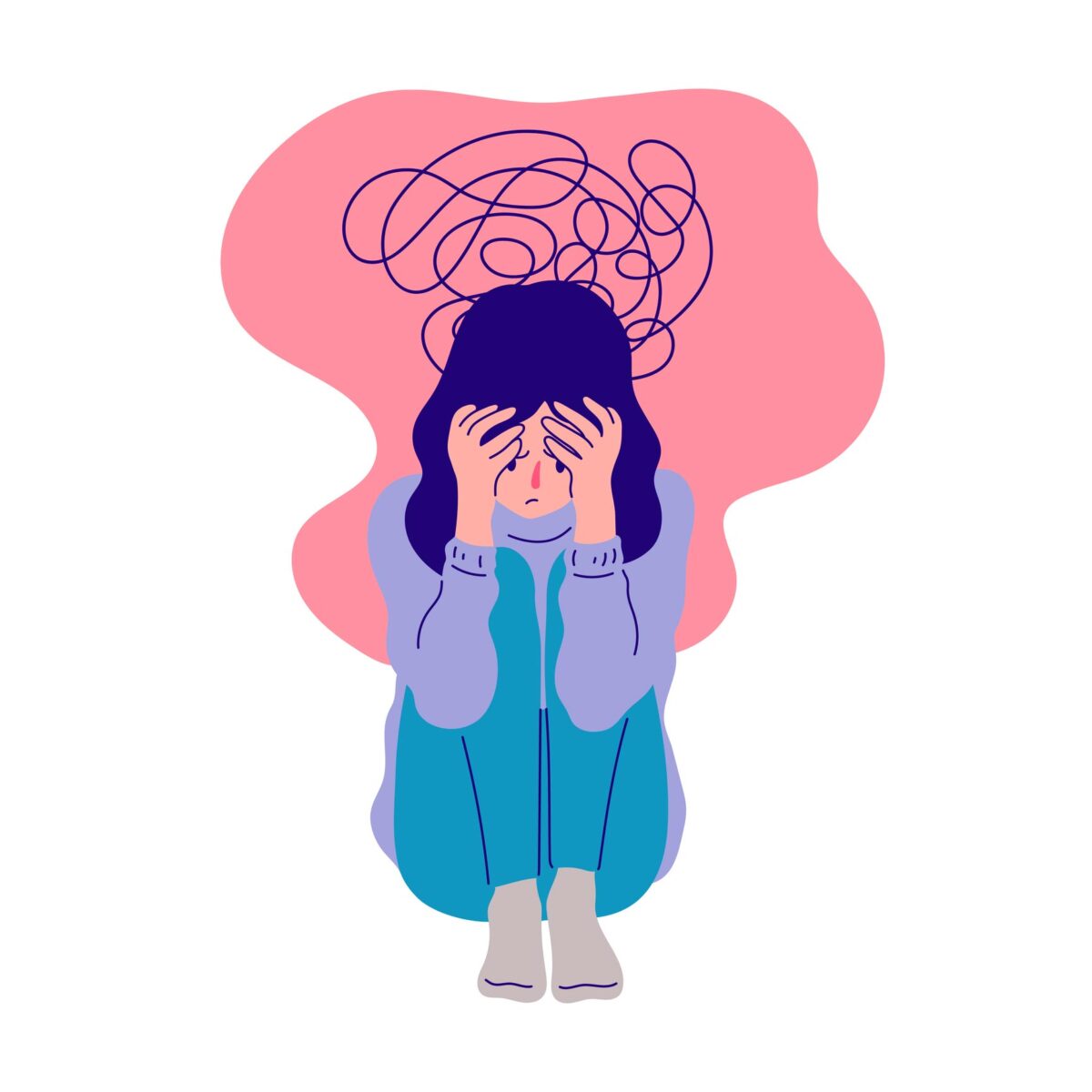
Signs of failure to launch
If your teen is struggling to launch into adulthood, you may begin to notice changes in their motivation, behavior, or emotional well-being. Here are some common signs of failure to launch in teens and young adults:
- Lack of direction or motivation to pursue school, work, or personal goals
- Difficulty following through with responsibilities or managing daily tasks
- Reliance on parents for basic needs or decision-making well into young adulthood
- Avoidance of challenges, fear of failure, or extreme discomfort with change
- Social withdrawal or isolation from peers and family
- Low self-confidence, poor coping skills, or difficulty handling stress
- Increased anxiety, irritability, or emotional reactivity
- Procrastination or poor time management that interferes with progress
- Difficulty with problem-solving or maintaining focus
- Signs of depression or other co-occurring mental health conditions
With compassionate, evidence-based care, teens can build the life skills, confidence, and resilience they need to take meaningful steps toward independence and self-sufficiency.
Common causes of failure to launch
Failure to launch is not a one-size-fits-all diagnosis. It can present in different ways depending on your teen’s unique circumstances and underlying challenges. Recognizing the different patterns can help you understand what your teen may be facing:
- Situational Struggles
Some teens experience temporary difficulty transitioning to adulthood after major life changes—like finishing high school or moving out. These teens might feel overwhelmed, anxious, or unsure, but often regain momentum with the right support. - Mental Health Conditions
Failure to launch is frequently linked to anxiety, depression, ADHD, or other mental health disorders. These conditions can impair motivation, executive functioning, and emotional regulation, making it hard for teens to complete tasks or handle stress. - Avoidance and Learned Helplessness
Teens who face ongoing setbacks or low self-confidence may develop avoidance behaviors, putting off responsibilities to escape feelings of failure or inadequacy. This cycle can deepen their dependency and increase feeling stuck. - Family and Environmental Factors
Sometimes, family dynamics—such as overprotective parenting or lack of clear boundaries—can unintentionally reinforce dependency, delaying a teen’s development of independence and self-sufficiency. - Co-Occurring Challenges
Many teens dealing with failure to launch also struggle with co-occurring issues such as substance use, trauma, or learning difficulties. Treating these overlapping concerns together is key to lasting progress.
If your teen is showing signs of failure to launch, Clear offers comprehensive treatment programs designed to address these complex factors. Through evidence-based therapy and life skills coaching, we help teens overcome obstacles and build the confidence to launch into a healthy, independent future.
How to treat failure to launch in teens and young adults
At Clear, we take a personalized, trauma-informed approach to treating failure to launch in teens and young adults. Building trust and emotional safety is the foundation of our care. Our team supports teens as they develop coping skills, increase motivation, and learn to manage the challenges that have kept them stuck.
Our treatment includes individual therapy and group therapy, life skills coaching, family support, and case management to promote emotional, mental, and practical growth. We also offer specialized services tailored to each teen’s needs, including psychiatric evaluation and medication management when appropriate.
Failure to launch can leave teens feeling isolated, overwhelmed, or trapped by self-doubt. We’re here to help your teen regain confidence, build independence, and take meaningful steps toward a fulfilling adult life. Contact us today to begin your teen’s path to empowerment and success.
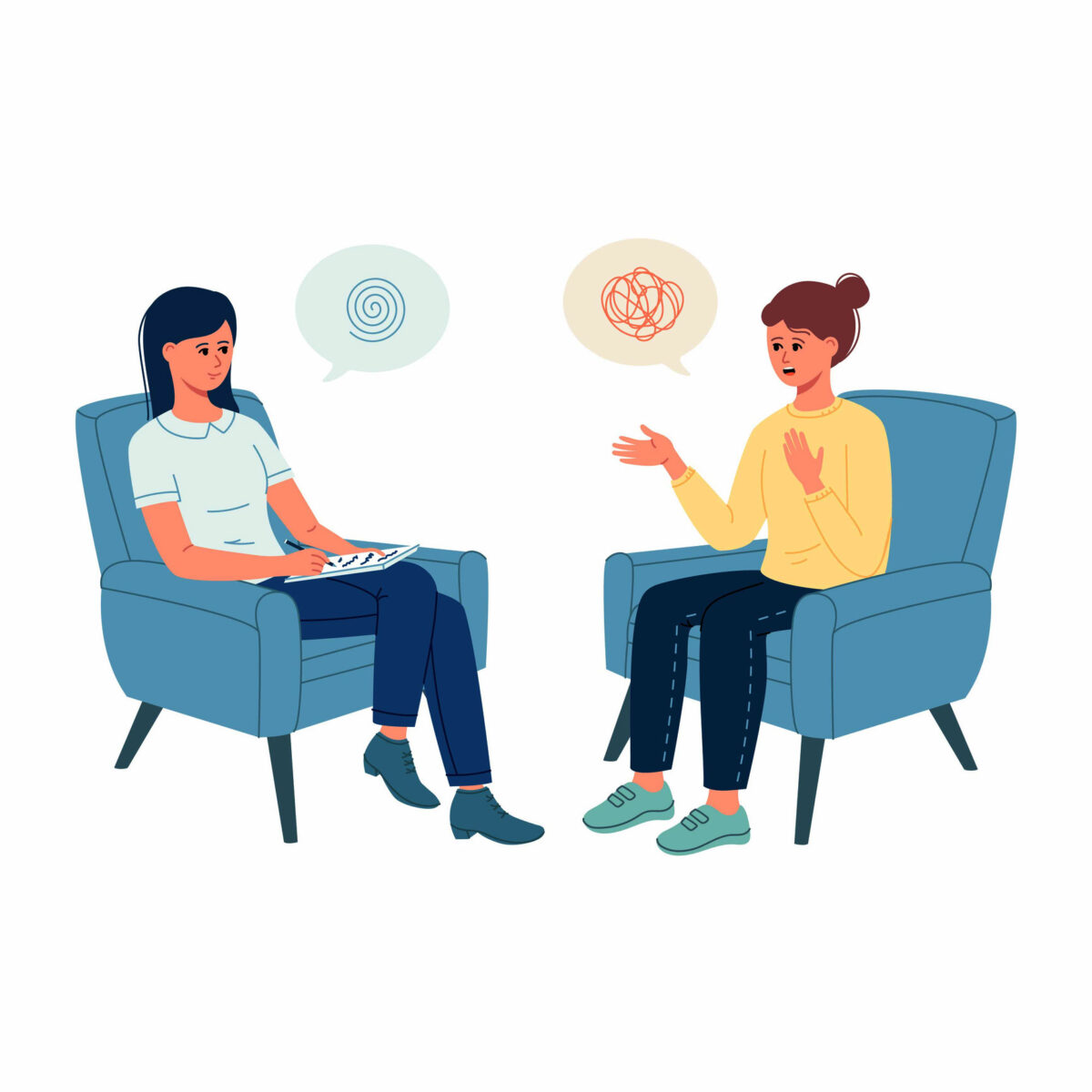
Our outpatient programs for adults
Our other services
We provide mental health services for adults and teens and substance use disorder treatment for adults throughout Los Angeles and California. Learn more about some of our other featured services:
Teen mental health resources
-

How ADHD Treatment Helps You Build Focus, Structure, and Confidence
Explore ADHD treatment options for adults and teens, including outpatient programs that build focus, structure, and real-life skills.
-

How to help a teen with anxiety: Understanding social media pressure, resistance, and what actually works in therapy
When a teen is struggling with anxiety, panic, or overwhelming pressure, getting them to open up can feel like an…
-
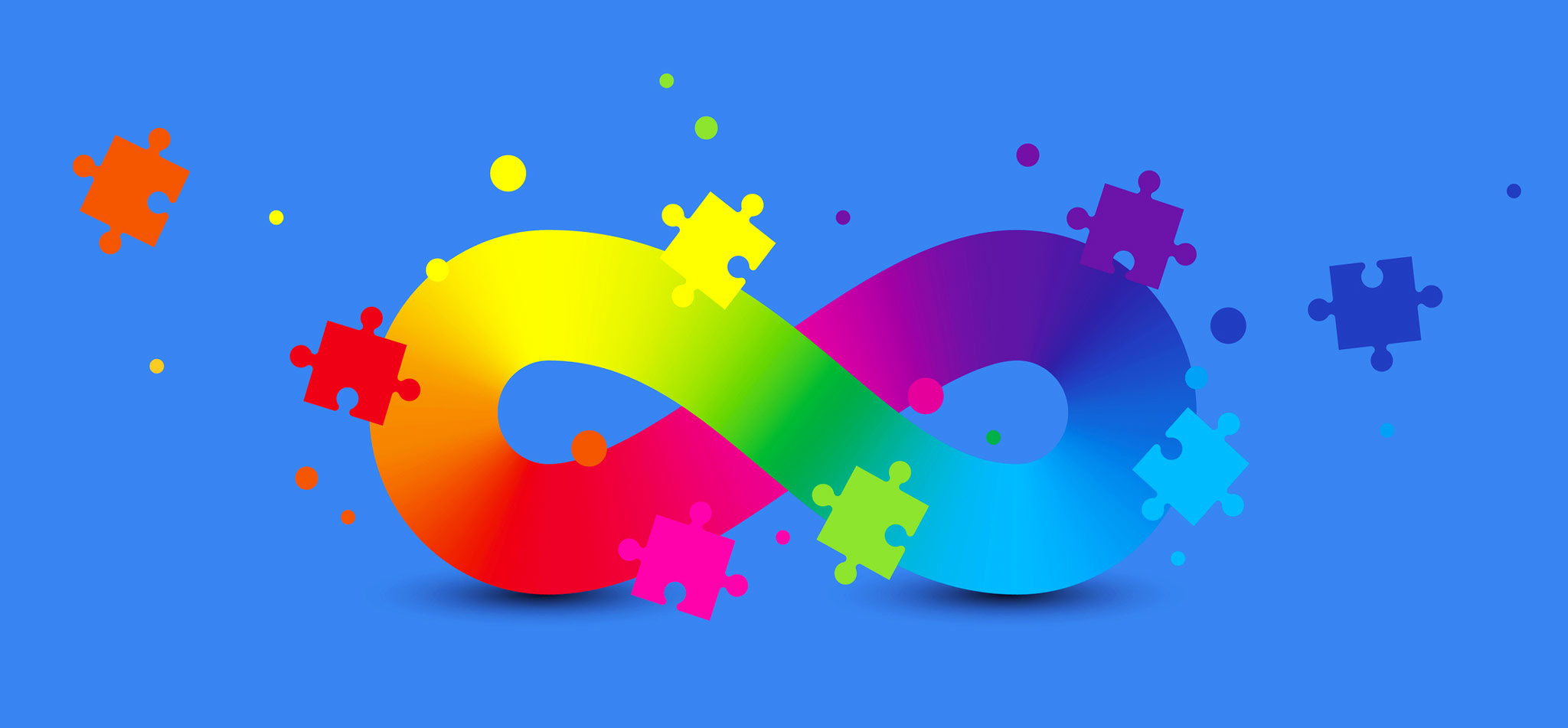
Understanding Level 1 Autism in Teens: Signs, Challenges, and How to Support Your Child
A parent’s guide to level 1 autism in teens: symptoms, social and school challenges, and effective treatment options to support…
View our complete archive of resources from our expert contributors:
Frequently asked questions
Read through our FAQ for any questions you may have or give us a call today. We are here to answer your questions and support you or your loved one through their healing journey.
What does failure to launch look like?
Failure to launch looks like young adults who are consistently missing independent milestones including financial, work or career, school and other adult responsibilities.
These teens or young adults generally lack direction, motivation, and dependence and can have low self-confidence, emotional maturity and lack accountability.
By getting support in outpatient mental health treatment programs for these issues, you or your teen can understand the underlying causes of these symptoms, and develop coping and life skills to take well into adulthood.
Is failure to launch a mental illness?
Failure to launch is not a formally diagnosed mental illness according to the DSM-V-TR. The condition describes young adults or teens who are struggling with independence into adulthood. The term relates to teens or young adults who are dependent on their parents for financial, emotional, and physical support well into adulthood.
What is the best treatment for failure to launch?
The best treatment for failure to launch can be found in our outpatient mental health treatment programs that offer the common therapy method, cognitive behavioral therapy (CBT), our group therapy sessions, medication management, case management to develop life skills and holistic therapy to reconnect with your body and learn to stay present.
A full-rounded treatment approach leaves no stone left unturned and not only helps your teen rediscover themselves, but how to change their habits to make healthier and independent choices.
Contact Us
For more information about our services, to schedule a tour, or to find out if your treatment is covered by your health insurance, contact our expert clinical team today by completing this form.
